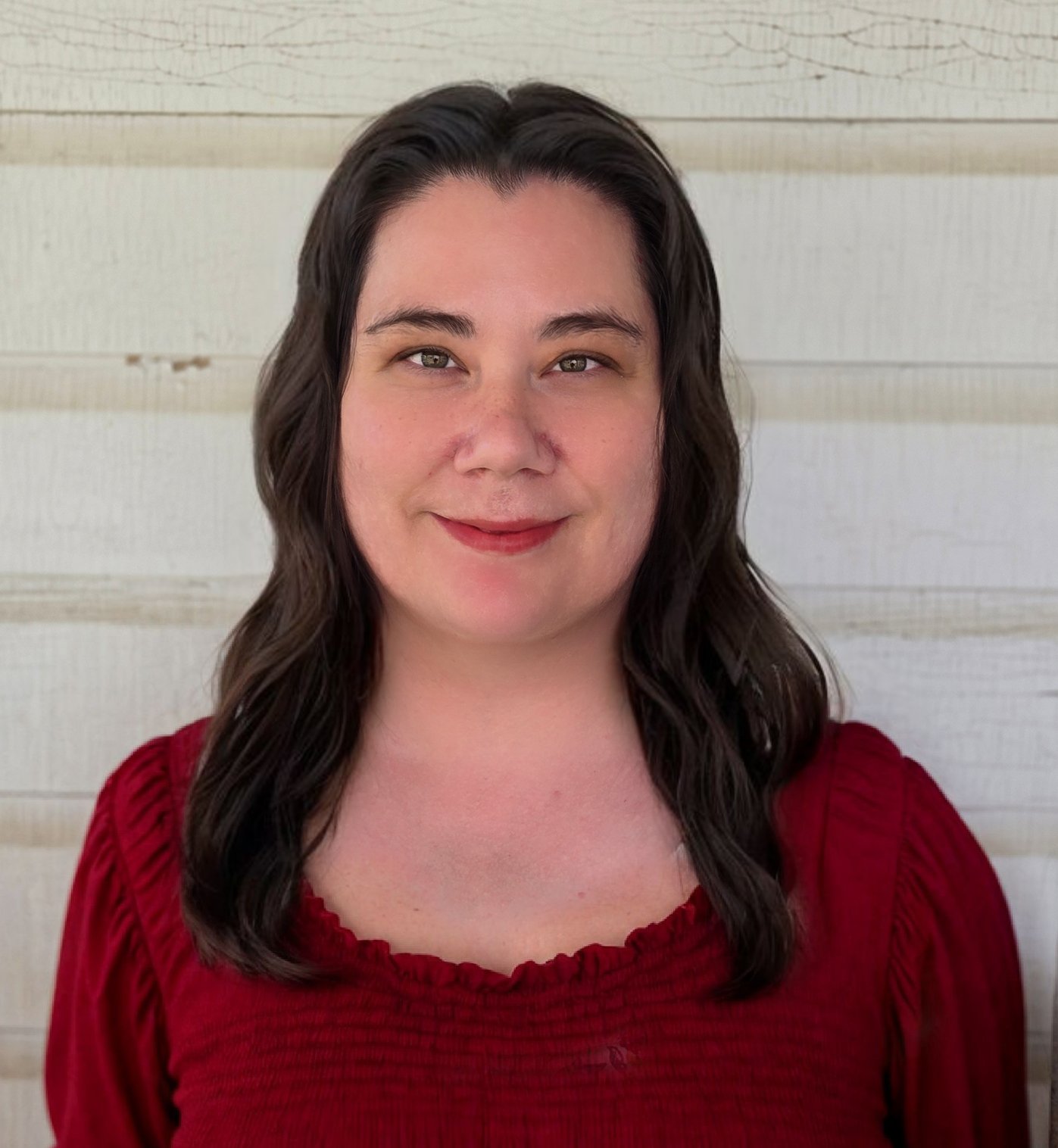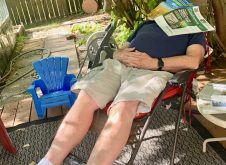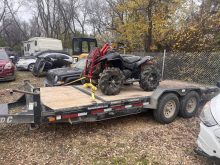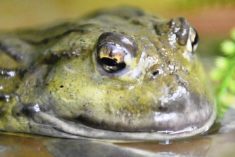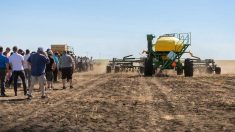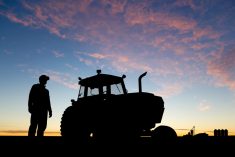Risk is an inevitable part of life, no matter what industry you work in or where you live.
I grew up in small, isolated gold mining towns across Canada and the northern U.S. I saw firsthand how accidents — at work, on snowmobiles, aboard boats — were mourned, but were also a part of life.
After college, I got my first job as an agriculture reporter at a Prairie radio station. I was introduced to a new world of farming and the risks that came with it.
Read Also
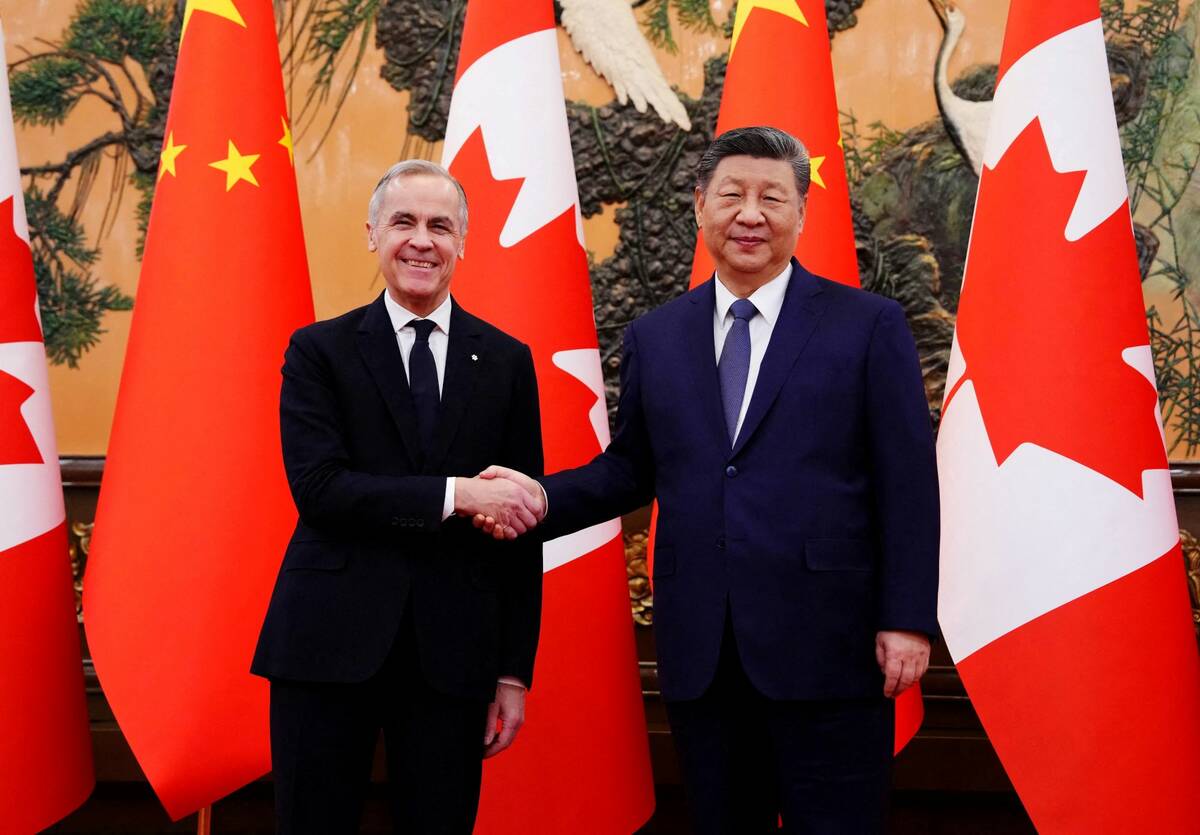
Pragmatism prevails for farmers in Canada-China trade talks
Canada’s trade concessions from China is a good news story for Canadian farmers, even if the U.S. Trump administration may not like it.
The accidents here weren’t just about heavy machinery or unpredictable weather. It was about everyday decisions, shaped by long-standing habits and traditions.
During my time with Glacier FarmMedia, I’ve attended several seminars on farm safety that highlighted both urgent need and current efforts to change those grim statistics. One that stuck with me was a recent virtual talk by Alma Jordan, a farm safety advocate from Ireland. She began by sharing what motivated her to act: the deaths of two young boys on a farm in 2014. That year alone, 32 people died in Irish farm accidents — five of them children.
It’s no secret that farming carries inherent risk. A 2023 report by Canadian Agricultural Injury Reporting found there have been around 70 on-farm deaths per year in Canada since 2006, making agriculture one of the most dangerous industries in the country.
My family has personal experience with tragic accidents. My husband’s stepfather was in a car accident after selling his family farm in Manitoba. He was used to driving back roads without a seatbelt. One night, on a highway — unbuckled — disaster struck. He spent months in hospital and was wheelchair-bound from then on.
No one can tell the future, but it’s possible that one simple decision that night could have resulted in a much shorter recovery time and a much better quality of life.
I don’t say that with judgment. Old habits are hard to break. New ones are even harder to build. But like Jordan said, meaningful change has to happen at a cultural level, both within farm families and within the broader community.
Whether it’s buckling up or thinking twice before letting a child drive the tractor for a photo, safety has to come first. Some changes will be hard. But just because something hasn’t happened to us yet doesn’t mean we’re immune. We can’t afford to keep hoping for the best. It’s time to make safety a priority — right from day one.



